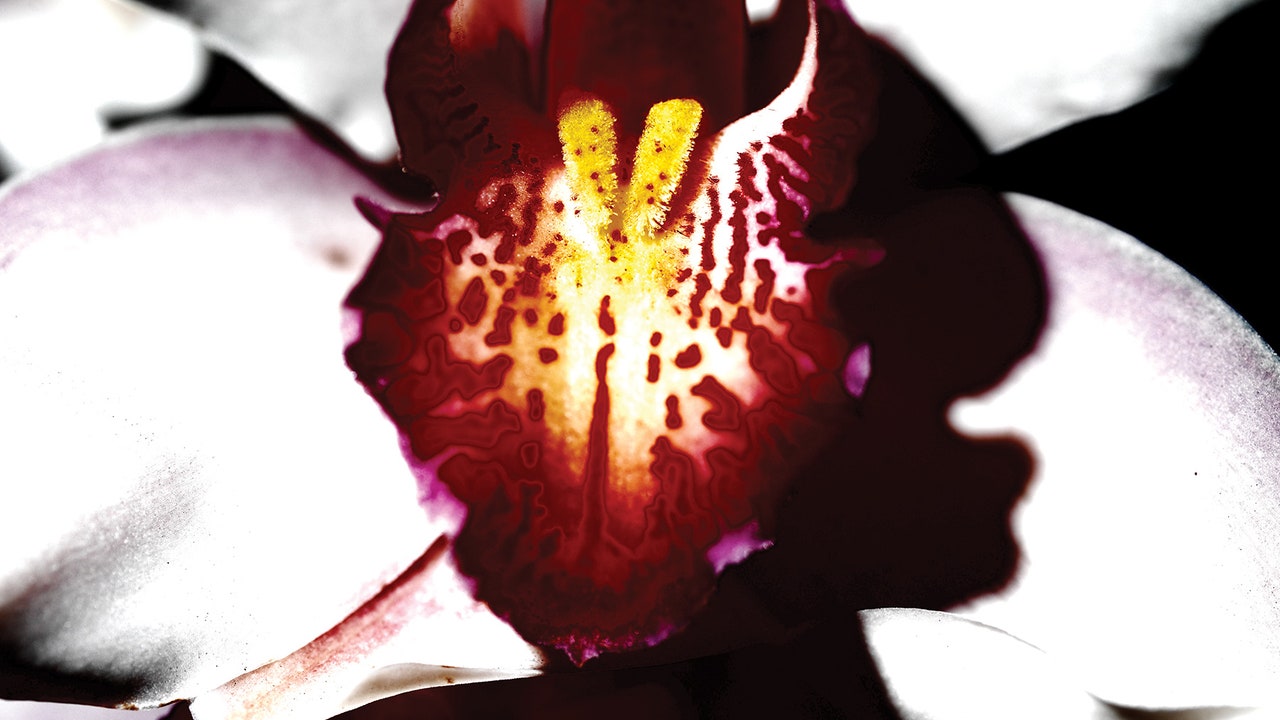Lynchian Layers: Chrystabell's "Cellophane Memories" Explores Vocal Multiplicity

David Lynch's name emblazoned atop Chrystabell's new album, "Cellophane Memories," is sure to pique the interest of curious listeners. But after a few spins, you might find yourself less intrigued by Lynch's contribution and more by the curious case of the singular Chrystabell, as the album's title hints at a multiplicity of voices. In truth, "Cellophane Memories" should be attributed not to Chrystabell, but to Chrystabells, plural. The album's most captivating aspect is its masterful layering of Chrystabell's voice upon itself, again and again, creating a mesmerising tapestry of sound.
The opening track, "With Small Animals," exemplifies this collage effect, with vocal lines emanating from ambiguous origins, like threads unraveling from a frayed fabric. On "The Sky Falls," the layering is more strategic, vaguely resembling a classical canon, the pacing of overlapping vocals ambiguous yet perceptible. A synth backdrop adds a subtly jarring texture, imbuing this seeming evanescence with a distinctively off-kilter quality.
"Cellophane Memories" is undeniably beautiful, but it's not without its complexities. In "Reflections in a Blade," the vocal fragments are harshly clipped, offering a fragmented perspective on an uncertain whole. They flicker by, forming a jumbled mess of voices, their patterning nonetheless captivating. A lone synth hums behind the chorus, punctuated by what sounds like someone breathing through a saxophone. While the majority of the songs feature a minimalist instrumental backdrop, each selection reveals exquisite sonic decision-making. And each production element unmistakably bears the imprint of Lynch's sonic sensibility.
As a filmmaker, Lynch has always imbued his work with sound, from the lush scores Angelo Badalamenti provided for "Twin Peaks" and "Mulholland Drive" to the crucial presence of pop songs like those by Roy Orbison in "Blue Velvet" and Chris Isaak in "Wild at Heart," all the way back to the industrial drones of his debut, "Eraserhead." Lynch's sonic hallmarks are evident throughout "Cellophane Memories," from the earnest sweetness of Badalamenti's backing pads (the composer, sadly, passed away in 2022, but his presence is spiritually felt here), to the tremolo-heavy guitars reminiscent of Orbison and Isaak, to the haunting rumble that characterises his film sound designs. There are also mechanised rhythms â bone-machine beats, Ã la Tom Waits â that evoke other Lynchian pop excursions, most notably his work with the late Julee Cruise, who, like Badalamenti, passed away in 2022.
Chrystabell doesn't simply provide backing vocals for herself; the seamless dovetailing of her vocals means you can't always discern the main melody, the echo, or the eerie, backmasked premonition. Vocally, it's clear that "Cellophane Memories" owes a debt to numerous gloomy and dreamy pop concoctions of the past, including Mazzy Star, Cowboy Junkies, Kate Bush, and Nico. There's also a strong influence of art-pop pioneer David Sylvian â whose dramatic, self-correcting melodic arcs Chrystabell follows as if she'd written a dissertation on the subject.
Ultimately, "Cellophane Memories" is a captivating exploration of vocal multiplicity, a testament to Chrystabell's artistry and a testament to the enduring influence of David Lynch's unique sonic vision. It's a sonic tapestry that invites you to unravel its layers, to lose yourself in the interplay of voices, and to emerge with a deeper appreciation for the complexities of sound and the power of human expression.





